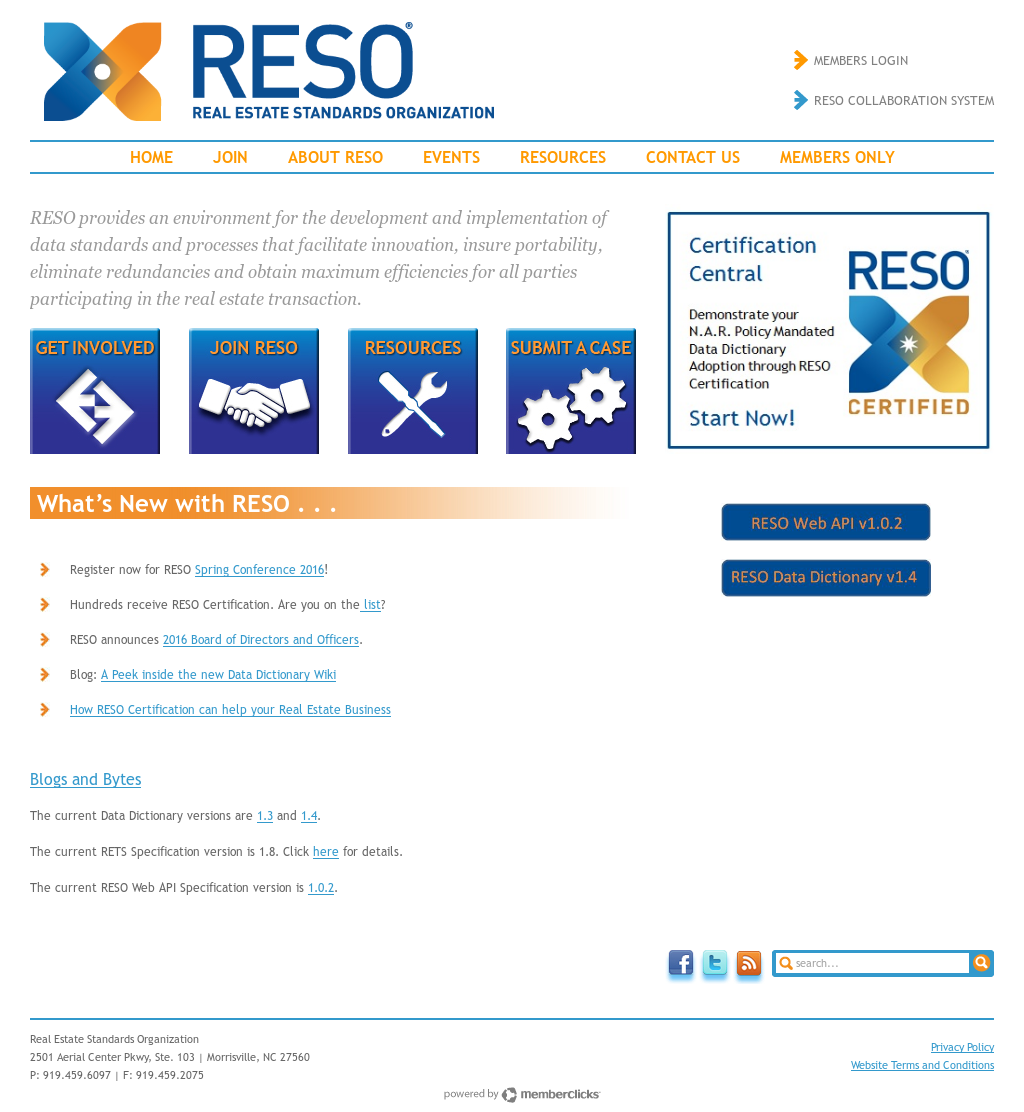Until recently, each MLS decided the data structure within their MLS database, making it challenging to create multi-MLS real estate applications. However, MLS groups have made massive progress in standardizing data.
It all began in 1999 with RETS, or the Real Estate Transaction Standard, which sought to standardize data transfers between MLSs and real estate brokerages.
Since the internet developed quickly and customer expectations increased both in terms of speed and interconnectivity, RESO or the Real Estate Standards Organization, developed the RESO Web API alongside the Data Dictionary.
These two standards are on their way to completely reshape the solutions used in the real estate industry and bring MLSs and brokerages under one roof. Let’s take a look at what these standards are and the benefits of implementing them.
What is the Data Dictionary?
The Data Dictionary schema’s purpose is to standardize real estate listing data between the different MLSs in the US real estate market.
The general idea behind the Data Dictionary is simple yet effective – using standard fields for the different resources for all MLSs.
For example – listing price, number of bathrooms, and number of bedrooms use a standard field under the RESO system.
A standard enables the importing of listings from multiple MLSs much easier.
By using consistent fields for the different specifications within a real estate listing, developers will be able to create tech products such as apps and websites much faster and cheaper.

What is the RESO Web API?
Using faster technology, the RESO Web API offers applications a more standardized way to access real estate listings.
The RESO Web API is a valuable solution to real estate brokerages, MLSs, as technology vendors or developers who want to create mobile apps centered on the real estate industry.
The main goal of RESO is to make information more accessible to distribute across different platforms. RESO is a standard that all real estate tech solutions should implement.
By having a single web API across the industry, developers can import real estate data quickly without having to worry about standardization or time-consuming text files.
RESO API is at the core base of the MLS Import plugin and helps clients get access to MLS data directly in their favorite Real Estate WordPress themes
What are the advantages?
Both the Data Dictionary and the RESO Web API profoundly impact the real estate industry.
Firstly, MLSs adopting the Data Dictionary can simplify and improve the import process of real estate listings by using a standard data schema.
Without the Data Dictionary, developers would have to copy MLS’s different real estate fields.
The RESO Web API and the Data Dictionary allow users to create better queries across multiple MLSs due to the advanced filtering mechanism.
All the above are just of a few reasons why so many real estate professionals turn to it for their projects.
There is no point in having tens of thousands of real estate listings if users can’t show them promptly and smoothly.
Also, there’s no point in going through a plethora of terms from different MLSs when you can have all that information standardized and ready to import. And MLS Import has you covered with a solution that allows you to connect your Real Estate WordPress theme to your certified RESO MLS
Table of Contents


